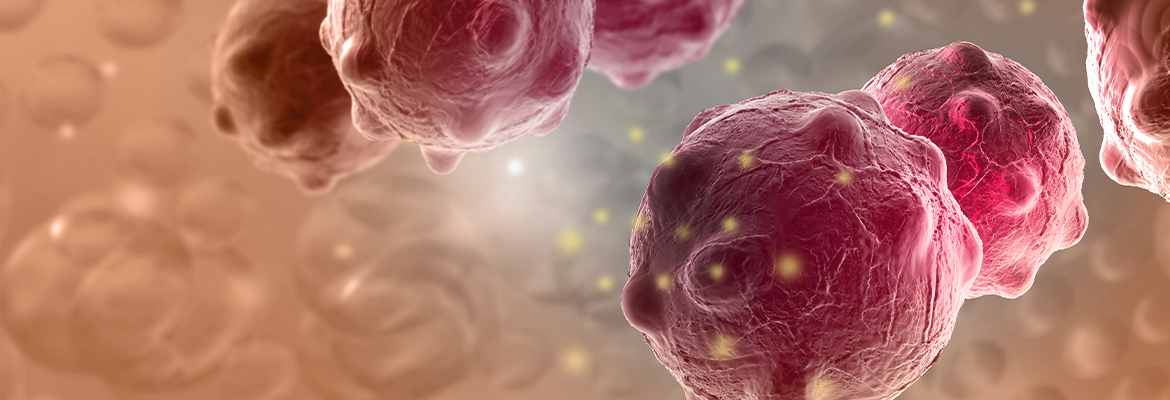Going it alone is a no-go when it comes to making discoveries about rare diseases, a category that includes most serious pediatric diseases. No single pediatric institution usually has enough patients to generate large numbers of study participants, so research networks that provide access to diverse, nationally representative health information from millions of children are key to accelerating scientific discovery by facilitating a range of study designs and efficient study processes. A leader in many such networks, Children’s Hospital of Philadelphia has received several new opportunities just in the last year to advance collective efforts against rare and chronic pediatric diseases.
PEDSnet, a clinical data research network that combines clinical data from eight children’s hospitals, including CHOP, plus several specialty disease networks, received $8.6 million in funding to continue its discovery and implementation of new ways to provide the best care and outcomes for children. PEDSnet is one of 13 clinical data research networks under the umbrella of PCORnet: the National Patient-Centered National Clinical Research Network. The three-year grant from the Patient-Centered Outcomes Research Institute (PCORI), an independent nonprofit organization based in Washington, D.C. which also oversees PCORnet, allowed PEDSnet to enter its second phase in its second year, integrating data from each of its members.
“With our first phase of funding, PEDSnet developed infrastructure for rapid learning with observational studies and clinical trials,” said CHOP’s Christopher Forrest, MD, PhD, who is the principal investigator of PEDSnet and a professor of Pediatrics at the Perelman School of Medicine at the University of Pennsylvania and was also named chair of the research committee for PCORnet in 2016. “This second phase of funding will enable PEDSnet to reach a high level of operational excellence, ultimately moving into a sustainable research network that advances children’s health through faster and cheaper clinical research.”
Dr. Forrest’s work as principal investigator of PEDSnet will benefit another major initiative he leads as Steering Committee Chair, the Validation of Pediatric Patient-Reported Outcomes in Chronic Diseases (PEPR) Consortium. The PEPR consortium was launched with grants from the National Institutes of Health in September 2015 to advance the science of patient-reported outcome measures. The effort aims to validate standardized patient survey tools so that patients’ own reports of outcomes such as fatigue, stress, and positive affect can be quantified and compared over time and across study populations in the same way that blood pressure, cholesterol, and other lab test results can be compared today. CHOP is a leader of one of four centers receiving NIH PEPR awards and serves as the consortium’s administrative leader, supporting resources and technical expertise for projects undertaken by PEPR investigators at the other three centers. The infrastructure developed under PEDSnet offers a data management platform and standardized data formats and sharing for PEPR research data.
Read more about the PEDSnet Phase 2 award and the PEPR Consortium on Cornerstone.



